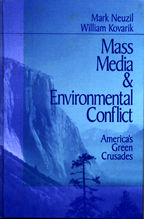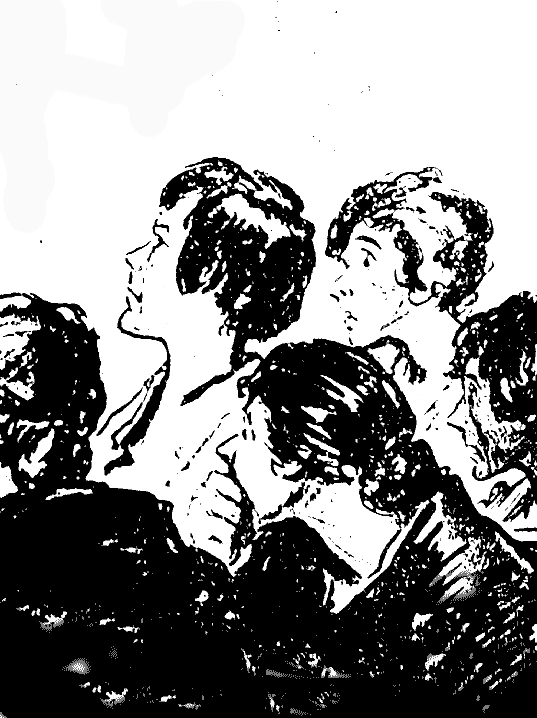Its not often that anything in our relatively young nation turns 200, especially not a newspaper of the caliber of Niles Weekly Register, the most influential publication of the early 1800s and an enduring source of documentation for modern historians. 
On Sept. 7, 1811, Hezekiah Niles published the first of a series of weekly news summaries that would grow to 75 volumes and 30,000 pages by the publication’s end in 1849. As a paper of record for news in the United States, it is only matched by the New York Times, founded in 1851.
Great credit goes to Bill Earle, a Maryland historian who has spent years cataloging and researching the Register. Earle’s publication history of the Register and other online resources have proven extraordinarily useful.
As Bill Earle says:
In addition to the sheer volume of material, there were two other outstanding aspects of the Register which recommended it.
First was its scope. While the Register emphasized political, commercial, agricultural, and industrial news, and paid only limited attention to cultural or social issues, it reported on events worldwide…
Second was its evenhandedness. Niles’ pledge in the first issue of the Register to avoid party politics distinguished the paper from much of the American journalism of the era. Many newspapers in that day represented parties, or factions within parties, or
even particular candidates, and political reportage was usually one-sided and strident. The Register, however, ignored the petty disputes between “the ins and the outs.” Niles’ own politics were clearly and repeatedly stated: he was a Whig of the Henry Clay school, committed to the American System of protective tariff, industrial development, and internal improvements; he was also pro-American and anti-British, pro-republican and anti-royalist, and a rationalist who opposed “superstition” in religion or in public affairs.
His own views were always identified as such, however, and he advanced them as logical arguments, not partisan invective. As a result, there is a balanced quality to the Register that gave it an authority no other publication of its time could match.
This description of the Register’s value also says a great deal about Earle’s many long years getting to know the man and the publication, which I think deserve more credit than my own insights into Niles’ concerns about the Civil War.
Unfortunately, the Baltimore Sun’s recent article on the Niles anniversary, while relatively apt, omitted Earle and only quoted one of several historians who have been fascinated with this prototype of modern journalism.
In the interest of balance and fairness, or as Niles would say, “magnanimous disputation,” Earle and others ought to get credit for keeping the memory of this great public servant alive.


 Revolutions in Communication
Revolutions in Communication Mass Media & Environmental Conflict
Mass Media & Environmental Conflict